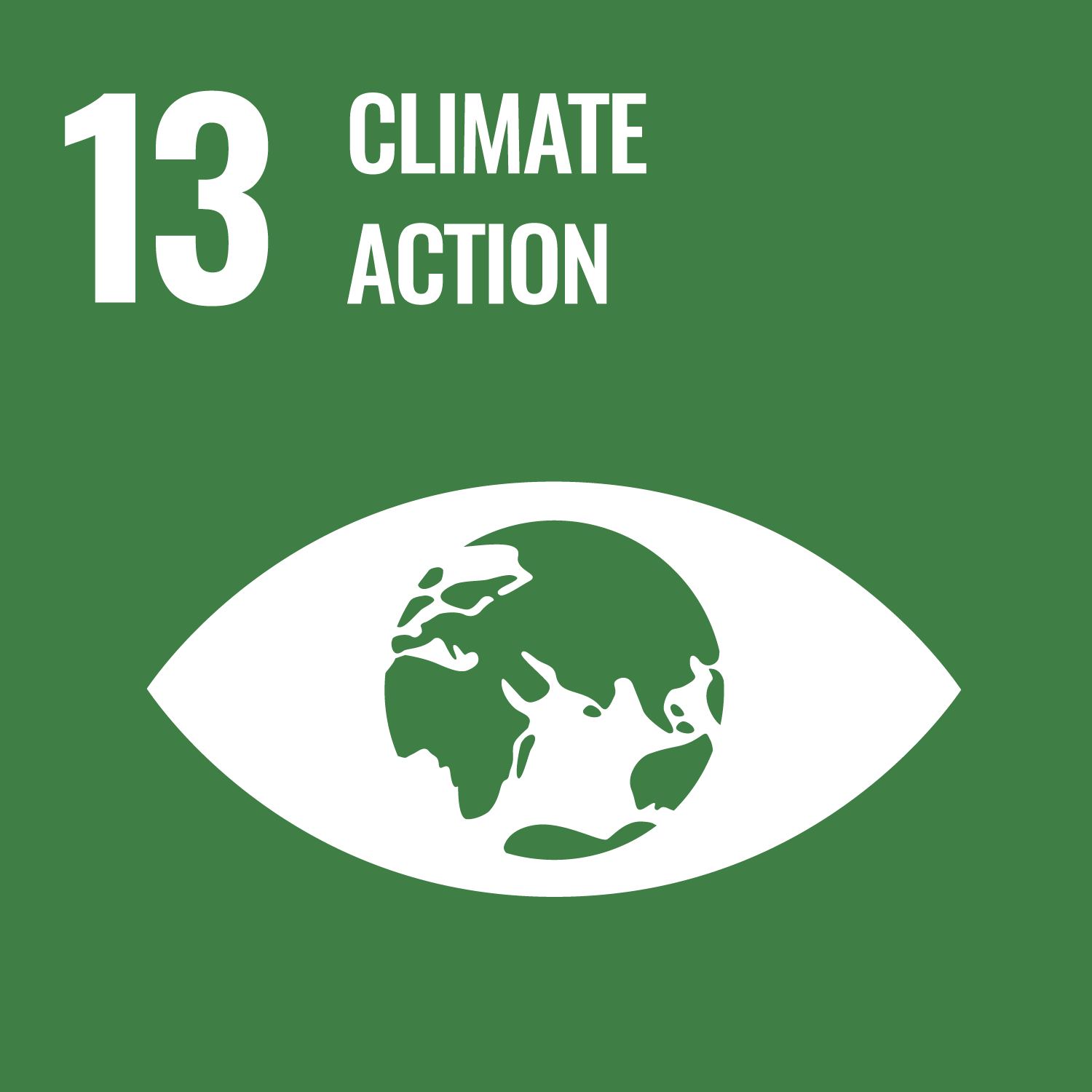ORCID
- Lucy M. Turner: 0000-0002-9052-9498
Abstract
Research characterising the effects of future climate change on the marine environment remains heavily focussed on that of temperate regions and organisms. Furthermore, little is known of these effects on the early life stages of many marine species. Tropical regions are already experiencing an increase in sea surface temperature and decrease in sea surface salinity, conditions favoured by pathogenic bacteria such as Vibrio spp. The early life stages of crabs are known to be particularly vulnerable to both the direct physiological effects of climate change and exposure to harmful microorganisms, yet there are limited data on these effects on juveniles of many tropical crustacean species. This study assessed the metabolic responses of mud crab (Scylla serrata) juveniles to warming and/or freshening in the presence or absence of pathogenic bacteria in southwest India. Juvenile crabs were exposed to either ambient (28 °C/30 PSU) or one of three projected climate change regimes (28 °C/20 PSU (freshening), 32 °C/30 PSU (warming), 32 °C/20 PSU (warming + freshening)) for 10 days, in either the presence or absence of the pathogenic bacteria Vibrio parahaemolyticus. Results show that simulated climate change conditions, especially freshening, caused a significant increase in oxygen consumption rates (MO2), and that these were further increased when juveniles were exposed to V. parahaemolyticus. These results suggest that the effects of future climate change conditions could have significant implications for the conservation of wild stocks and commercial farming of this species in South Asia.
DOI Link
Publication Date
2022-04-26
Publication Title
Journal of Marine Science and Engineering
Volume
10
Issue
5
Acceptance Date
2022-04-24
Deposit Date
2022-10-06
Embargo Period
2022-06-11
Recommended Citation
Apine, E., Mani, M., Rai, P., Karunasagar, I., & Turner, L. (2022) 'Future Climate Change Conditions May Compromise Metabolic Performance in Juveniles of the Mud Crab Scylla serrata', Journal of Marine Science and Engineering, 10(5). Available at: 10.3390/jmse10050582



